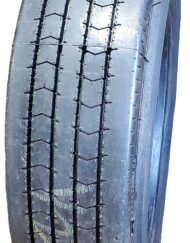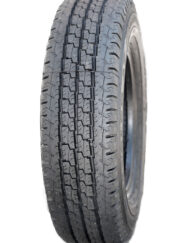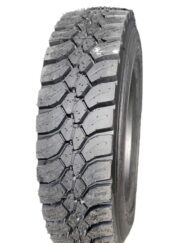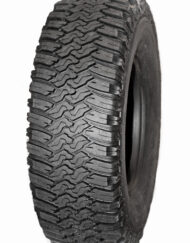Nine Questions Answered About Winter Tires
Traction. Stability. Reliability. More grip. These are all words associated with winter tires. During the winter we never know if we’ll be faced with snow, ice or freezing rain on the roads. Many myths and debates have surrounded the topic of winter tires and it’s worth asking the right questions and getting the facts straight. Winter tires do not imply expensive tires. Affordable, discount winter tires are out there, along with the option to retread.
What climates call for winter tires?
Winter tires are needed in places where the temperature typically drops below 42 degrees Fahrenheit.
How do winter tires perform compared to other types?
Winter tires are made of a softer and much more flexible rubber and they have been shown time and again to outperform all-season tires. Designed with special grooves called sipes (essentially slits), these tires create stability on the most treacherous surfaces. Traction is simply better with winter tires in this kind of weather. All-seasons and summer tires do not function nearly as well during the cold months.
Why not use all-season tires in the winter?
They just don’t have the traction or gripping power of winter tires. Remember that winter tires grip the surface because of their special design. The rubber compound that makes up all-season tires starts to harden in the cold. This decreases performance. Think of all-season tires as being for dry or rainy weather. All-weather tires are better, but winter or snow tires are the best in the winter. And using winter tires during the cold months helps to sustain the life of all-season tires, so there’s great savings there too. Getting a cheaper retread winter tire for the snow and storing the all-season tires for later is a win-win situation.
What about stopping distance?
There is a 42% improvement in stopping distance with winter tires.
Are winter tires needed along with anti-lock brakes?
To dispel a common tire myth, they are needed EVEN IF your car has an anti-lock brake system (ABS) as one of its features.
Are winter tires needed with front wheel drive or all wheel drive?
Yes. Winter tires are needed with front wheel drive for added traction and all the benefits that they hold. Front wheel drive will not solve all of winter’s driving hazards. Similarly, if you have All Wheel Drive (AWD), you will still get better safety and traction performance from winter tires. Having one does not exclude the need for the other.
Can I get just two winter tires for my vehicle?
No. Winter tires work best as a set of four. In other words, don’t just buy one or two and think the job is done. Traction is the best it can be with four winter tires and it doesn’t make sense to compromise on safety. After all, 60% of stopping ability comes from the front brakes and tires. To avoid fishtailing and understeering, it’s best to not put winter tires just on the front or rear of the car. Doing so can make a slippery situation much, much worse.
What about the noise level of winter tires?
Winter tires will not have noticeable difference in noise from all season tread designs. These designs allow for a quiet smooth ride.
Can winter tires be retreaded?
Yes, winter tires can be retreaded. This saves money and offers an option for much cheaper winter tires. Call Tire Recappers toll free at 855-507-3227 or at 615-832-0887 to learn more about the value of retreading.




